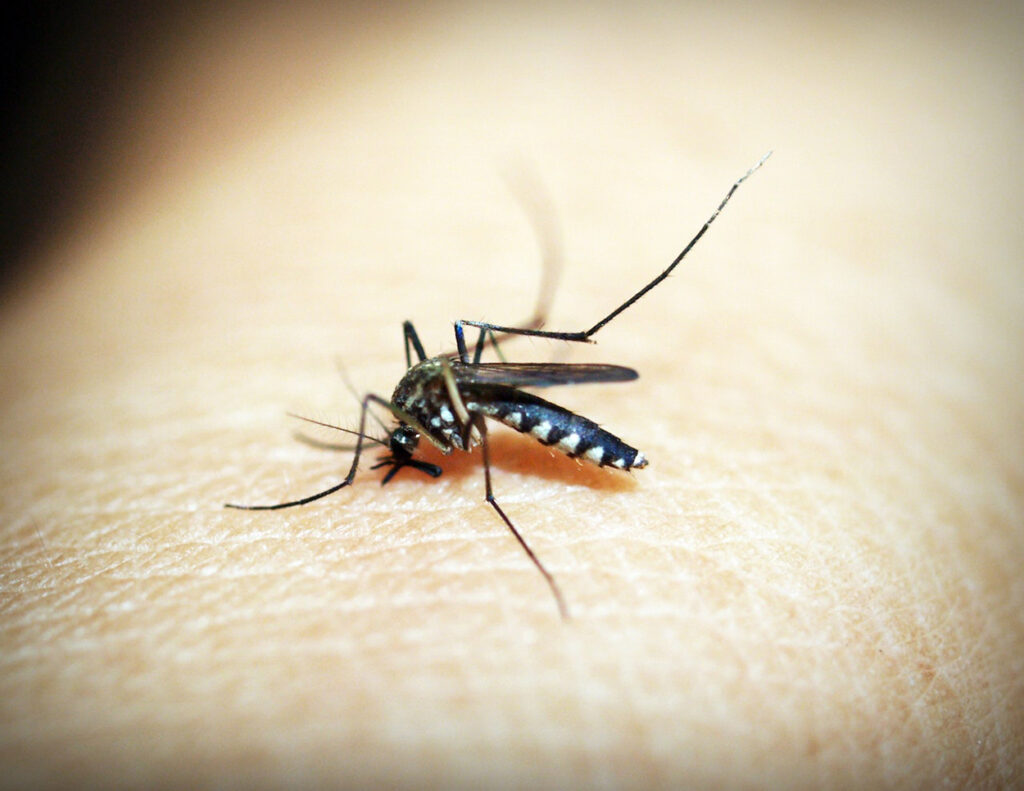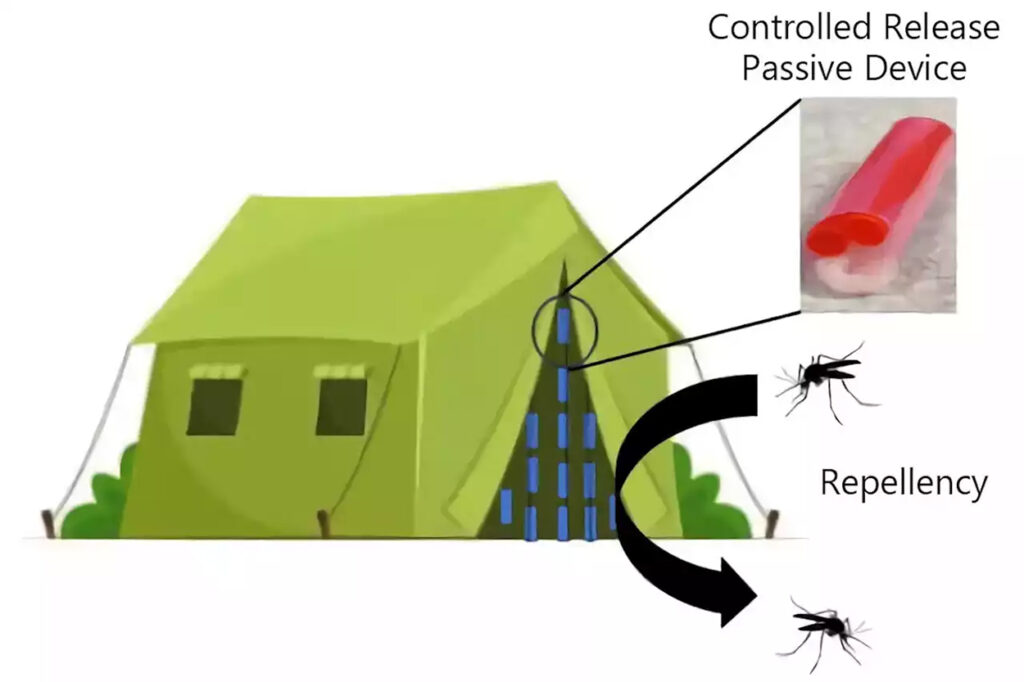New Handy Device to Repel Mosquitoes Passes Military Testing

Aside from Antarctica and Iceland, all the other countries deal with mosquitoes. Most are just annoying, but some can cause diseases or spread viruses. Sadly, no specific medicines or vaccines are available to treat the viruses they spread.
Mosquitoes bite day and night. They live outdoors and indoors and look for warm places when the temperature goes down. To survive cold temperatures, most mosquitoes become inactive and stay in enclosed spaces such as inside or under homes, sheds, and garages.

A new kind of mosquito repellant
The University of Florida developed a new device for mosquito protection that lasts for a long time. The university developed the device for the U.S. military, and it needs no electricity, skin contact, or heat.
The versatile repellant comes in 2.5-centimeter-long tube-shaped polypropylene plastic. Inside the tube are cotton and two smaller tubes with the repellent.
Results of the test
During the test, the research team attached 70 pieces of the device to the opening of one large control tent the military uses. However, they did not attach anything to the other control tent during their semi-field testing, which the research team conducted for four weeks at the U.S. Department of Agriculture in Gainesville.
After setting up the control tents and attaching the device, they released caged mosquitoes at several points on the tents’ exteriors. Then, the device released the repellant and, in 24 hours, killed almost all the mosquitoes they released at various points around the tents.
Importance of mosquito repellent to the military
Military personnel cannot choose their deployment areas. And often, the places have plenty of mosquitoes, which are annoying and distracting. Moreover, some mosquito species are carriers and spreaders of many viruses, such as West Nile, Zika, dengue, and malaria. Thus, the Department of Defense looks for ways to protect its soldiers when they are on field assignment.
The team explained that while their device passed its four-week field test, their final product, which they will build using 3D printing, would be effective for about three months.
The research team revealed they would file a patent on their device. Likewise, the U.S. shows interest in further studies. The intention is to make the device available commercially for civilians because the USDA believes it can make more people engage in outdoor activities without fear of mosquitoes.
Although they developed the mosquito-repelling device to protect military tent entrances, it can be produced in various shapes and sizes for different commercial applications.
A researcher from the team says they are evaluating several active ingredients aside from transfluthrin to expand the device’s potential. Moreover, they are doing other studies to protect against insects like ticks, fleas, dust mites, assassin bugs, cockroaches, and flies.
The U.S. military usually commissions research teams and universities to develop technologies that have military and civilian applications. With this device, the U.S. military and civilians can expect an effective and non-toxic mosquito repellent soon.